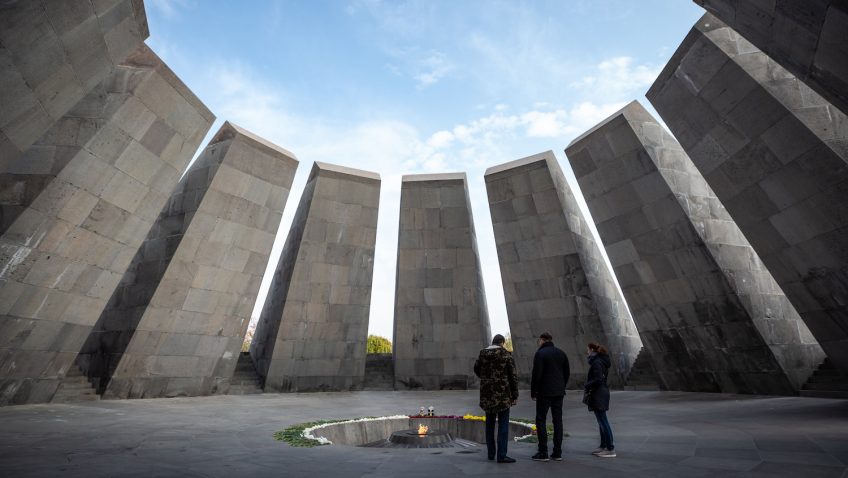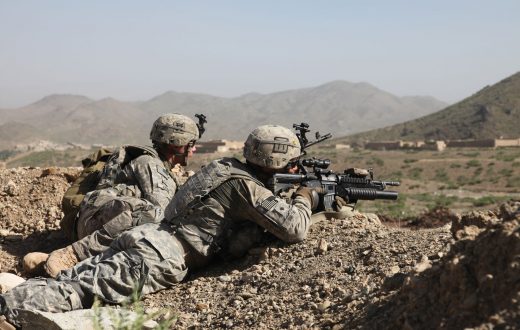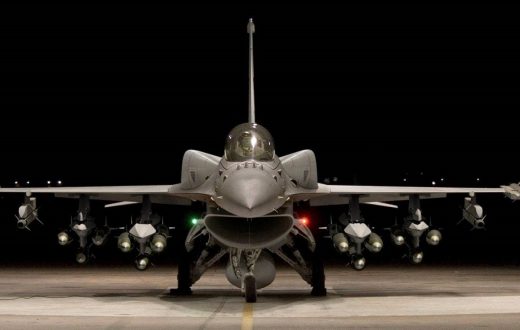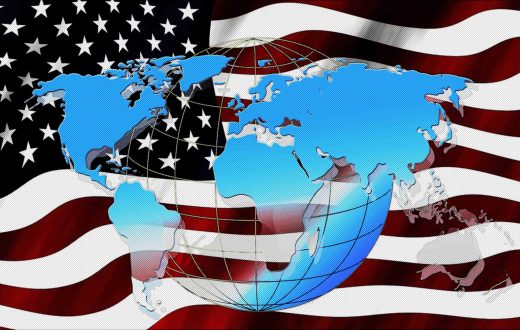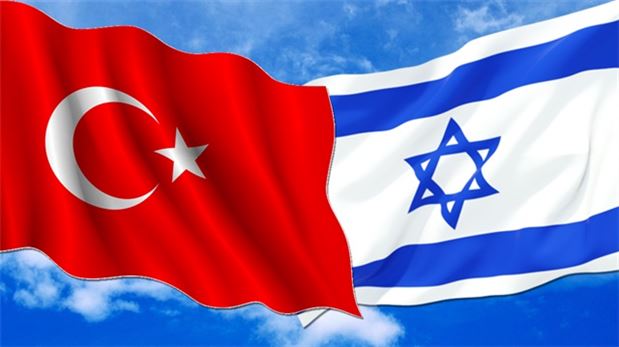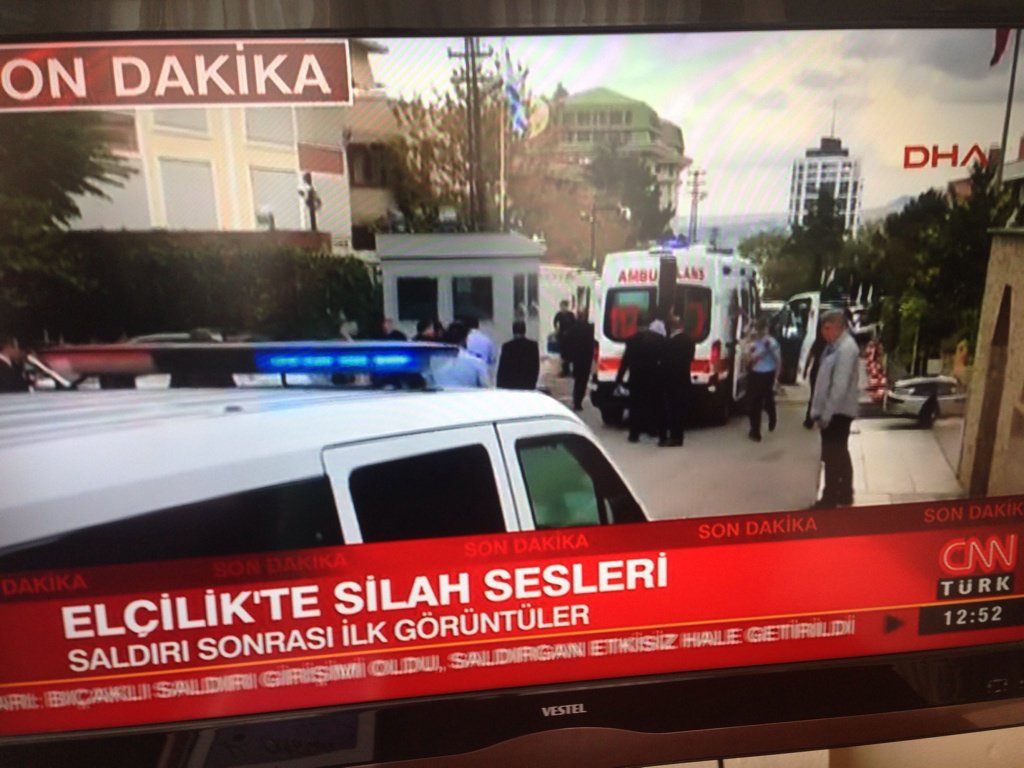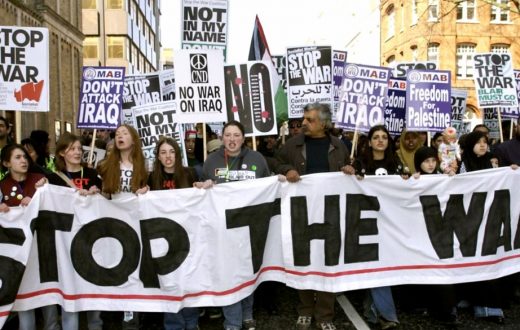On October 29, 2019, the United States House of Representatives voted 405 – 11 to recognize the Armenian Genocide of April 24, 1915. This act will have repercussions, in particular for United States – Turkish relations, and for the future position of Armenia, still in a state of war with its Turkish neighbor to the east, Azerbaijan, and engaged in a dispute with Turkey over Mount Ararat. What are those repercussions, though?
First, United States – Turkey relations. This comes after relations between the two countries have long been souring for years, due to Recep Tayyip Erdoğan’s crackdown on Turkish dissidents, the Kurds, and alleged support for jihadists, and this vote is an official recognition of that souring. As well as recognizing the Armenian Genocide and slapping increased sanctions on Turkey, there are also calls to expel Turkey from NATO.
Expelling Turkey from NATO, however, may end up hurting the United States more so than Turkey. The truth of the Turkey, more specifically, the city of Istanbul, is one of the most strategic cities on earth, whether the international community likes it or not. If Russia wants to export it’s natural gas across the Atlantic, Russian ships have to pass through Istanbul. If China wants to revitalize the Silk Road with its One Belt, One Road Initiative, it has to get the support of Istanbul. This is what Erdoğan ultimately meant when he said that “he who controls Istanbul controls the destiny of Turkey” when discussing the mayoral elections, of which he himself was a former mayor of the city of Istanbul. (His party lost the elections, in what was seen as a major setback for Erdoğan.)
The truth of the matter is that the United States and the rest of the International community needs to find and alternative to Turkish dominance in the Eurasian trade. That is a move easier said than done, however. Finding an alternative route has been something that has been attempted throughout the whole of human history, with virtually no luck. No matter what the United States does, Turkey isn’t going anywhere.
It may seem like recognition of the Armenian Genocide marks the final nail in the coffin for United States – Turkish relations, the real test of relations will be what the United States does with Fethullah Gülen, who is undoubtabely an ever bigger leverage against Erdoğan than the memory of the Armenian Genocide. But, what does it mean for United States – Armenia relations?
Well, there is definitely the symbolic warming up of relations between the two countries, however there are still geopolitical barriers, mainly Armenia’s strategic alliance with both Iran and Russia, although the latter is changing.
Aside from relations, what does it mean for the Mount Ararat dispute, and the Nagorno – Karabakh conflict?
First, the Mount Ararat dispute. Mount Ararat, while not strategic, is of great cultural significance to Armenia, despite the mountain being within Turkish borders. Visible from the Armenian capital city of Yerevan, and featured on the Armenian coat of arms, the mountain is believed to be where Noah’s Ark landed, and is thus of great significance to the predominantly Christian nation of Armenia.
Does the recognition of the Armenian Genocide have any impact of the Mount Ararat dispute? Probably not. While there is archeological evidence to suggest that thousands of years ago, a devastating flood swept through the Middle East and wiped out entire civilizations, the origin of the Mount Ararat dispute is religious in nature, and the United States, despite being a nation of strong Judeo-Christian roots, would not want to get involved in a conflict religious in nature.
But where the ultimate impact the recognition of the Armenian Genocide will have on is if this changes United States position of the Nagorno-Karabakh Conflict.
The Nagorno Karabakh conflict between Armenia and Azerbaijan began in 1988, with full-scale war between the two countries lasting from 1992-1994, and ended in a decisive victory for Armenia.
So far, the United States has been relatively neutral on the Nagorno – Karabakh conflict, although geopolitical rivalries with Iran, gaining a foothold in the Caucasus in order to combat Russian influence, and diversification of oil markets may force the United States to side with Azerbaijan. However, the Armenian Revolution of April 2018 was, in large part, a backlash against Russian influence over the country, as Nikol Pashinyan has been a very strong voice against greater Russian hegemony in Armenia.
The United States can try to use this to bring Armenia, Azerbaijan, and Georgia together into an Anti-Russian bloc. But doing so requires a lasting peace agreement in the Nagorno – Karabakh Conflict. The United States will have to use a series of soft and hard-power, carrot and stick approaches, to bring about this peace agreement.
What would a peace agreement in Nagorno-Karabakh look like? Well, any peace settlement would most likely be based on the Helsinki accords and Madrid principles, which are based on the following protocols:
-Armenian withdrawal from all territories other than Nagorno-Karabakh itself (such as Kalbaijar)
-Azerbaijani withdrawal from all territories in Nagorno-Karabakh that are under Azerbaijani control
-Referendum for the people of Nagorno – Karabakh on whether to be independent, autonomous region of Azerbaijan, or a part of Armenia.
-All Armenian and Azerbaijani enclaves and exclaves under military occupation must return to pre-war status
-All displaced people shall be allowed to return and all destroyed towns rebuilt.
-Recognition of the Armenian genocide by Azerbaijan
-Recognition of defeat in the war of 1992-1994 by Azerbaijan
-Immediate termination of the destruction of Armenian cultural sites in Nakhchivan province by Azerbaijan.
-Lifting of the Armenian – Turkish border blockade by Armenia
The recognition of the Armenian Genocide will, no doubt, have profound repercussions.

